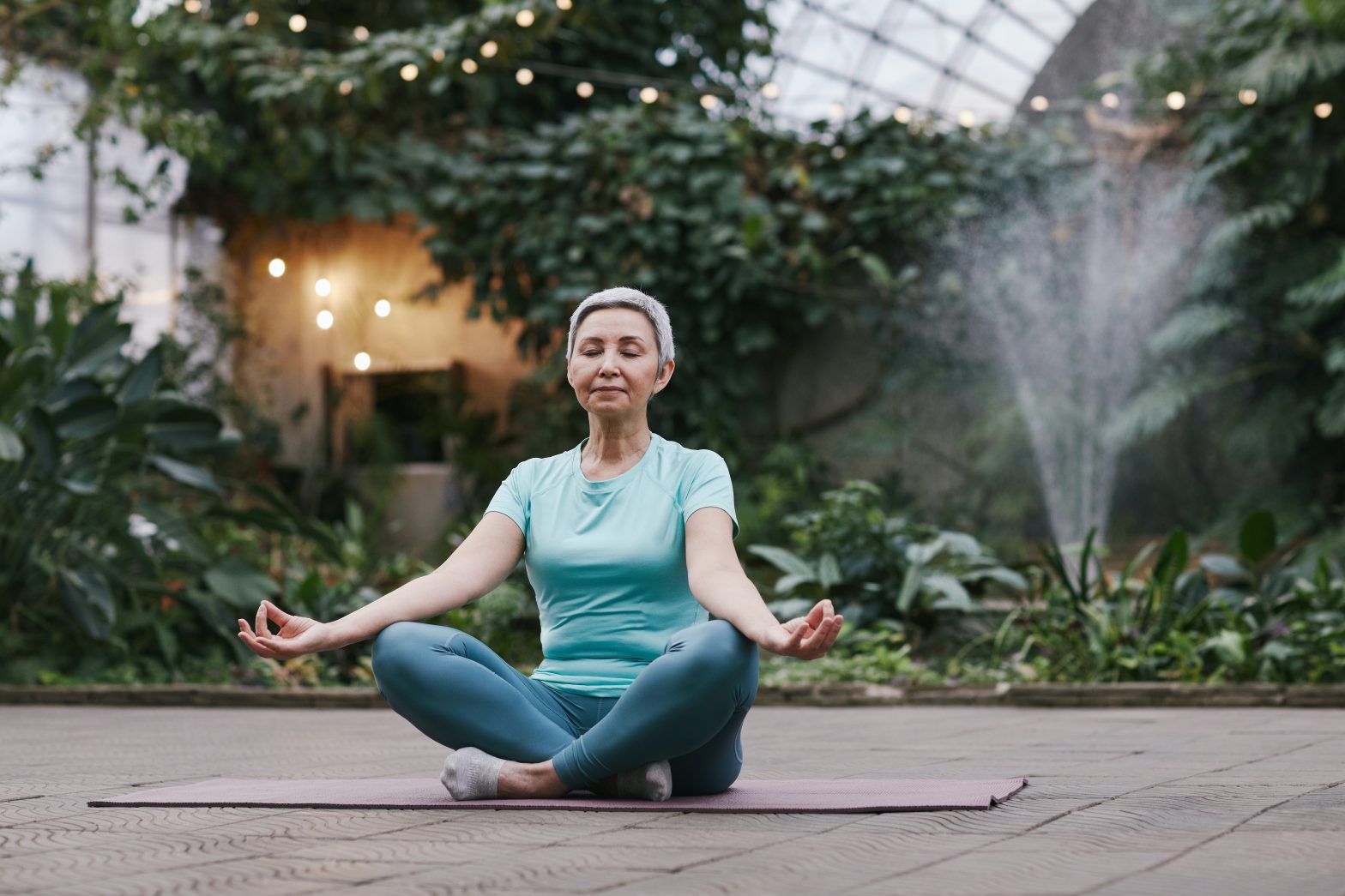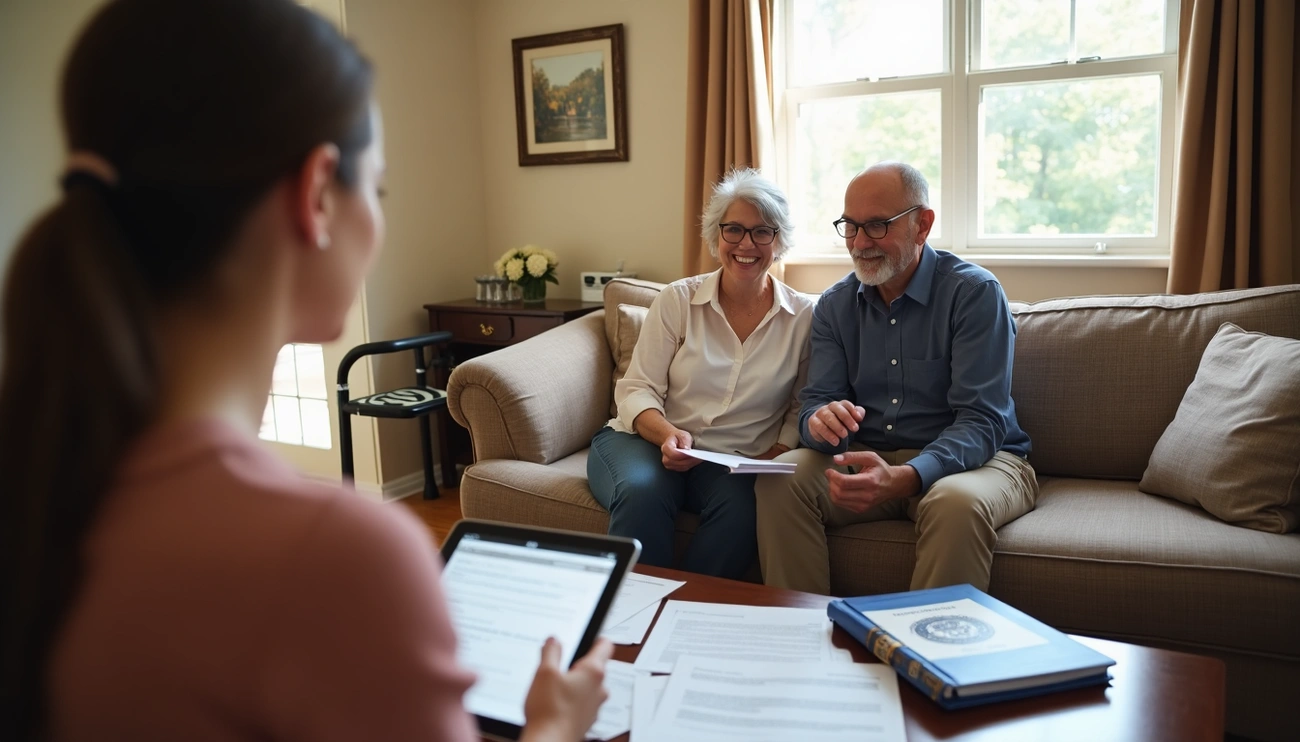Much time has been spent talking about retirement planning but most of it has to to with the financial aspects of it. Financial planning however, is only one part of planning for retirement – how you afford it. The rest of retirement planning has more to how you run your life and your relationships. The answers are not necessarily as easy as you might think.
1) Why are you always here?
Let’s face it, you’ve spent the last 20, 30, maybe even 40 years away from each other 9-10 hours per day 5-6 days per week. You’ve lived together, but you haven’t lived together all day long. You’ve developed habits, your way of doing things, and most of all, you have acquired and learned to live in your space. You eat lunch your way and your spouse eats it another way.
Discuss your ideas of retirement with your mate, and maybe even consider some pre-retirement counseling. Getting used to being around each other could take months or a year. You will learn to communicate in different ways. This is a huge adjustment, so give it the consideration that it requires. Most of all, give each other some space… before you need it!
2) What do you mean you want to golf?
What does retirement mean to you? What does it mean to your spouse? Have you discussed what retirement means to each other? If not, you may both be operating with completely different expectations.
Chances are that each of you will have different ideas. The husband may have been looking forward to golfing every day while the wife has been looking forward to spending much time together, sleeping in, or traveling. The day after the retirement party, both of you are going to run into some surprises and disappointment. Most of all, make room for each other’s ideas and learn to compromise. In many ways, you will find that the beginning of retirement is much like the beginning of marriage was because you will be learning to live together all over again.
3) Get exercise – join a gym together
You’ve heard the phrase, ‘use it or lose it’. What they are probably talking about is your physical fitness. When you were 20, you could have sat down for 3 months and then got up and recovered quickly. Not so now. Every day, your body gives you one more chance. If you pass on it, you may not get another one.
Keep moving, join a gym together or at least find the local high school track or a jogging trail and start walking. Not only is it good for the heart, muscles, blood pressure, and bones, it’s also good for the brain and the libido.
4) Show me the money
If you don’t have a financial advisor, get one. It’s never too early to start to plan financially for retirement. People are living longer these days but yet still retire at the same age. If you are going to retire longer, you obviously need to have more financial reserves and/or learn how to stretch it out better. Take a look at your life and health policies, update your will, and above all, consider a living will. It’s amazing how much peace of mind you will have at having all these things updated and out of your worry box.
5) Know your boundaries
It is inevitable that people will decide that since you are retired, you have extra time, and extra resources. With this in mind, understand that if you are willing to do whatever, someone will let you. It goes back to the old adage that your life will have an agenda… if not yours, then someone else’s. Set your own agenda and do so BEFORE you are asked.
Great! Help out. If what you want to do is watch the grandkids while your kids work, that’s wonderful. You will help your kids, and both you and the grandkids will build some incredible memories together. But remember that this isn’t your job unless you choose to make it that.
Make sure that you are getting what you need, and if you do watch the grandkids, make sure that the kids have a backup plan so that you can get away or simply take time off. A good way to do this for the timid is to set a time period, “I will watch the kids for you for the next 3 months to help you save some money.” Then do take some time off. It keeps the kids independent.
Above all, learn to say “no”, and mean it. You CAN learn to say it nicely and still get your point across. Above all, don’t come up with excuses to say no for you. Excuses can be overcome, and it says that you simply aren’t resolute in your opinion. When the excuse is gone, so is the reason you cannot participate. Then you either get stuck with it or are left floundering for another excuse. If you aren’t used to saying no, it may sound a bit harsh to others to begin with. So be it. They will get over it.
6) Get a hobby
This is probably one of the hardest things for most retirees to get their arms around. What to do next? As a result, many watch television all day long, read every book they can lay their hands on, increase the sleep to half the day, or sometimes, just sit. There’s nothing wrong with any of these so long as it is moderation. Taken to extreme, these can cause depression. You need to be productive and find something you enjoy.
You might eventually end up with several hobbies to avoid boredom, but start with one. Learn about it, take classes, read books on it, research the subject on the Internet, and then practice. Become an expert. Whether you pick up a musical instrument, build wood projects, create stained glass lamps, write, or build the biggest garden in the neighborhood, enjoy!
7) Keep the juices flowing
Very few people who are working actually end up with dementia or slip into Alzheimer’s Disease. Sure, age is a huge factor, but the biggest factor in keeping away these life-stealers is the fact that they are keeping their minds busy. It’s a fact – even youngsters who vegetate will lose their ability to creatively think, analyze information, and make well thought out choices.
You are never too old to learn, even if you don’t learn as fast as you used to. The amazing thing is that you can improve your ability to learn once you start. Even if you prefer to do nothing more, do at least one crossword puzzle a day, keep up on your vitamins, and get a bit of exercise. Doing just these basic things can help to eliminate confusion and avoid being robbed of your mental acuity.
8) Get rid of old stuff
Believe it or not, that orange polyester knit pants suit is NOT going to come back into style. And if it did, it wouldn’t have that oversized collar. Get rid of it. And get rid of all the other stuff that you have no need for.
Yes, you did pay good money for it and no, there is no reason to throw good money away. But it’s old. If in some odd order of things you found that 70’s vintage leisure suits once again became the rage, you could afford to buy another one without the slightly yellowed tinge to it and the 30-plus year old styling gel residue on the collar.
Remember when everyone got together and cleaned out grandma’s house and laughed at the stuff she kept? Don’t be that. Do your kids a favor and toss out your own junk instead of leaving it for them to do some day.
9) Volunteer your time
One of my favorite quotes is by Horace Mann, founder of our country’s public education system. He said, “Be ashamed to die before you have won some victory for humanity.” What have you done lately?
Consider this – you’ve spent 65 to 70 years collecting valuable information, life experience, wisdom, education, and common sense. How wasteful is it to do absolutely nothing with it.
Ask your pastor/priest/rabbi what needs to be done in your church or community. I promise you will get a list. Spend time with kids, be a mentor, teach children’s church, or volunteer for youth programs. There are lots of kids that don’t have grandparents or don’t have them nearby. More or less adopt a few grandkids to make a huge difference in someone’s life.
Spending time with kids does more than just benefit the kid. Your wisdom and love will rub off on them, but you will get far more out of it than you could imagine. Their excitement, energy, joie de vive (love of life), will rub off on you and you will find more enjoyment out of life than if you’d spent that time hanging around the house or with your buddies.
10) Make friends
Sure, you probably have some already. But make more. Friends are a valuable resource in retirement because you need to have people to be around. Plan vacations together, develop new friendships around new interests, and those who enjoy similar activities. Make couple friends if you are married, but also make your own friends. It may sound a bit morbid, but it’s a reality that we are faced with not quite fitting in with our married friends’ lifestyles if something happens to your spouse first. Couples’ trips seldom include their widowed friends. Single friends are good anyway. They let both you and your spouse have time and space alone, and let you do things that you want to do but your spouse does not.












